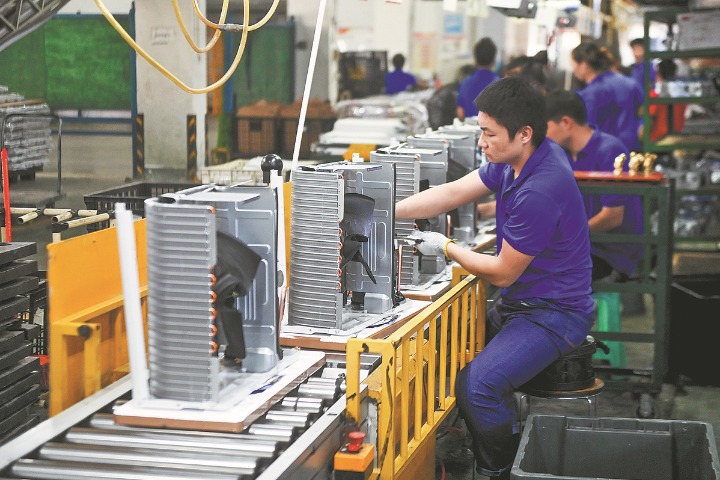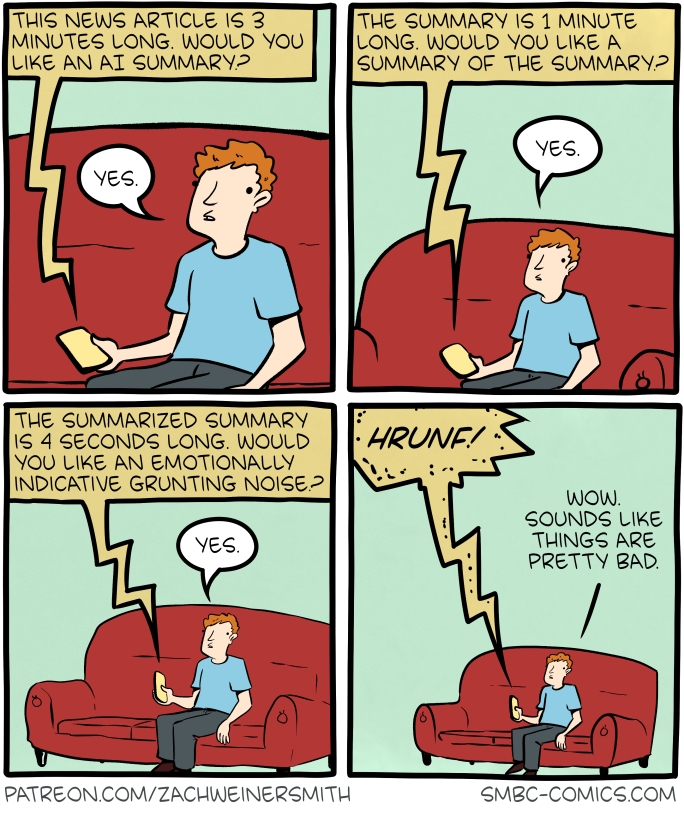The talent gambit: how the US’ brain drain is China’s brain gain
If there is a moment of origin for the China shock that has hit the United States, it is events around rare earths in the late summer and early autumn of 2010.
Kimi K2 is an open-source language model that directly challenges proprietary systems from OpenAI and Anthropic with particularly strong performance on coding and autonomous agent tasks.
Chinese makers of air conditioners have witnessed explosive growth of exports to Europe, Southeast Asia and North America
China’s cotton topping robot promises full automated production of Xinjiang crop
Reversible dynamics with closed time-like curves and freedom of choice (resolving time travel paradox)
Risk of Powell ouster is underpriced, Deutsche Bank strategist says
Walmart recalls water bottles after two customers suffer blindness
US economy poised to slow as Trump's tariffs hit consumers













I can tell you for a fact that they can. However, even managing boilerplate and repetitive code is a huge benefit. Furthermore, these tools are great at combing through code bases and helping you find where you need to make changes in code. If you haven't actually used these tools in a real project yourself then you don't really know what they're capable of.